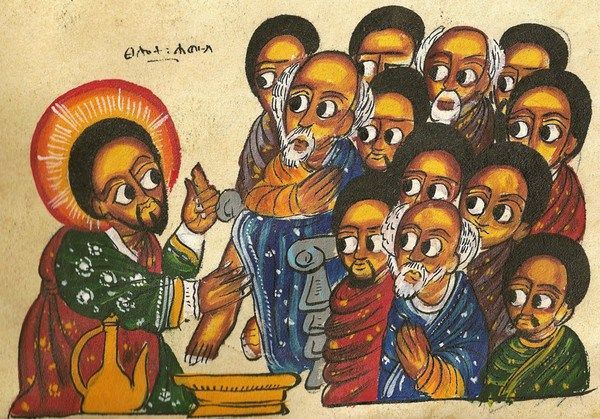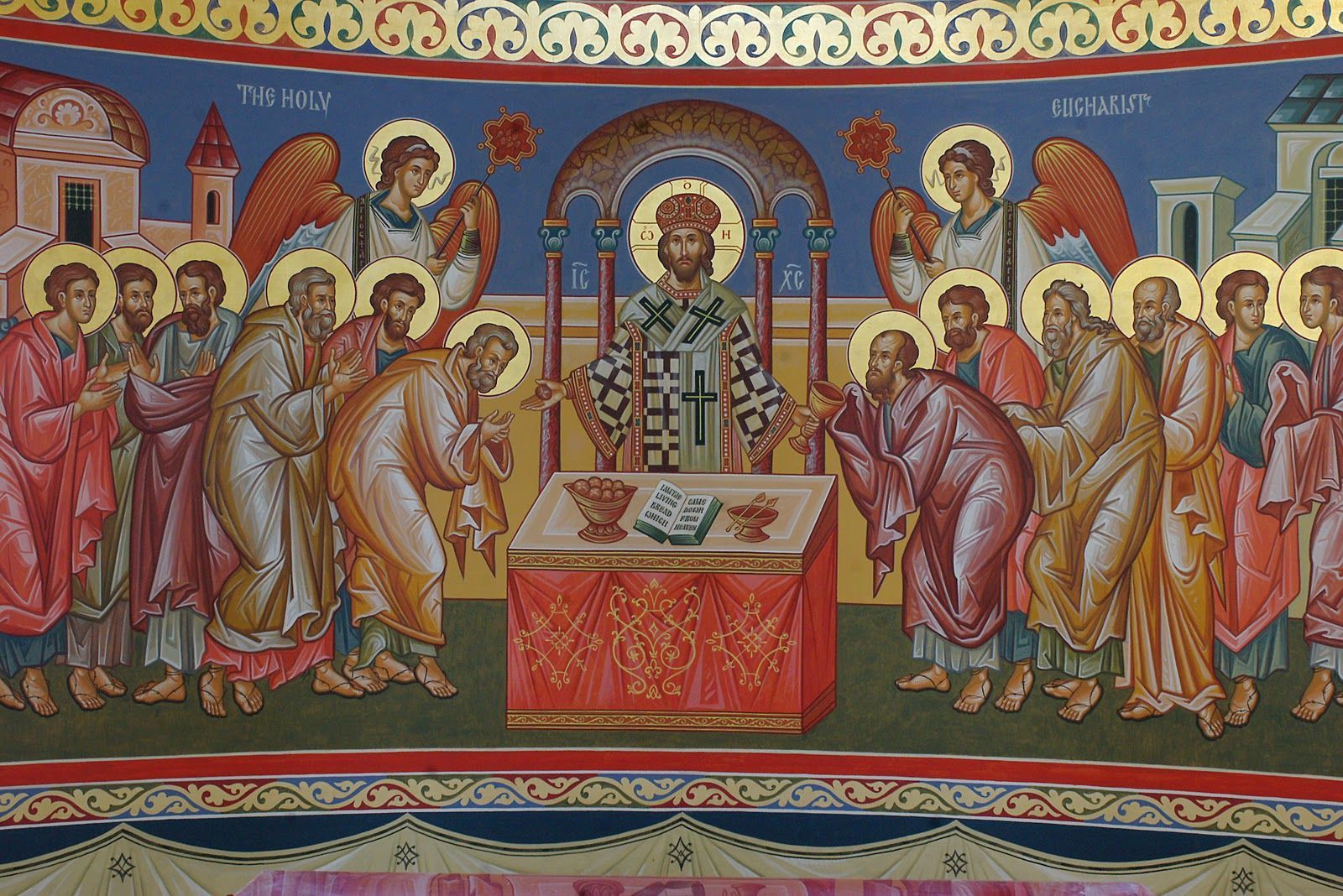Message of Abbot Paul - Thursday 27th April 2023
Abbot Paul • April 27, 2023


I suppose we’re still in April, but isn’t it cold, even when the sun is shining? And I keep saying to myself, less than two months to go and the days will be drawing in. Worse still, the social, political and economic climate is no better. I always tend to look on the bright side and I’m a bit of an optimist, even so I get the feeling that the situation is bleak and not getting better. This feeling is even stronger when I speak with our brethren in Peru and in other parts of Latin America, and when I think of the civil war in Sudan (how else can we describe it?) and the ongoing war in Ukraine, my heart sinks. I have a close friend in Odessa, we speak several times a day, and at night I hear the sirens warning the inhabitants of impending air strikes. It reminds me of recordings I heard as a child of the bombing raids on London and other large towns and cities in the U.K. Whatever happened to the hopes we had at the beginning of the Third Millennium? Lord, have mercy and forgive us our sins.
Today we continue our reading of John, (Jn 6: 44-51), Jesus’ Discourse on the Bread of Life. He begins by saying, “No one can come to me unless he is drawn by the Father who sent me, and I will raise him up at the last day.” This is not a declaration of predestination, but rather that the Father created us through the Son in order that we might come to the Son and be raised to eternal life in him. God wills our salvation and that through Christ we should hear his voice and know his teaching, that leads to Christ and salvation. “To hear the teaching of the Father, and learn from it, is to come to me.” Jesus reiterates that, “everybody who believes has eternal life.” To believe that Jesus is the Christ, the Messiah, the Lord, means that eternal life is his gift to us.
It’s at this point that Jesus says once more, “I am the bread of life.” This is one of the great I AM sayings in John, I AM being the name revealed to Moses at the Burning Bush, God’s name, the very source of being, life itself. In giving us the bread of life, Jesus gives us himself. That is what he promises those who believe in him. “Your fathers ate the manna in the desert and they are dead; but this is the bread that comes down from heaven, so that a man may eat it and not die.” The bread that comes down from heaven and is Christ, God incarnate, gives life for he is the bread of life, unlike the manna in the desert that was mere food and only fed the people of Israel for a moment, one day at a time. Jesus then qualifies his statement, “I am the bread of life,” for he says, “I am the living bread which has come down from heaven. Anyone who eats this bread will live for ever; and the bread that I shall give is my flesh, for the life of the world.” Not simply bread now, but living bread, living bread come down from heaven, bread that gives eternal life, and moreover, bread that is the flesh of Christ, given for the life of the world, the body of Christ, Jesus living bread.









